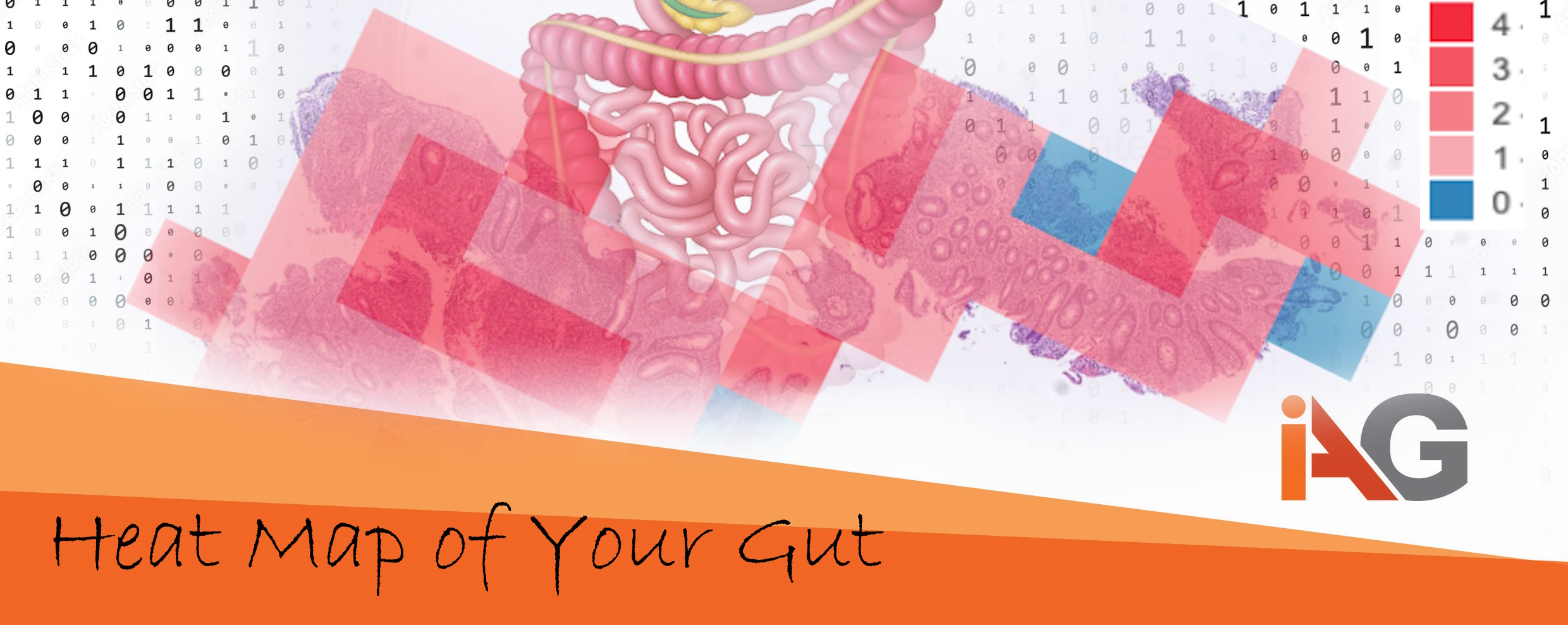

Embracing Digital Innovation in Digestive Disease Drug Development
The landscape of drug development for digestive diseases is undergoing a significant transformation. Fuelled by advancements in digital technologies, researchers are gaining deeper insights into disease mechanisms, accelerating clinical trials, and personalizing treatment approaches.
This article explores key trends in digestive disease drug development for 2023-2024, highlighting opportunities for digital innovation leads in pharmaceutical companies.
Trend 1: The Rise of Precision Medicine
The one-size-fits-all approach to treating digestive diseases is rapidly giving way to precision medicine. This strategy tailors therapies to individual patients based on their unique genetic, phenotypic, and microbiome profiles. Digital technologies, including Genetic Analysis, Gut Microbiome Analysis, AI in Histologyplay a crucial role in precision medicine for digestive diseases.
Digital platforms can now collect and analyze Real World Evidence from electronic health records, wearable devices, and patient-reported outcomes. This data can be used to identify patient subgroups with specific phenotypes and treatment responses, informing the design of more targeted clinical trials.
Moreover, the data analysis is now optimized with AI and understanding of individual data points and associated patterns can go beyond what is available to human eye.
Trend 2: Artificial Intelligence (AI) in Drug Development
AI is transforming every stage of drug development process for digestive diseases.
In discovery, for many years researches embraced AI algorithms to process datasets of genomic, proteomic, and metabolomic data to identify novel drug targets. However today, in drug development we finally identified optimal designs to integrate the power of predictive analytics and non invasive technologies into efficacy and safety trials.
Well powered and trained AI models reduce cost and time needed to analyze the data, especially in time consuming fields like histology. Further, AI can be used to predict the efficacy and safety of drug candidates in silico, reducing the need for extensive pre-clinical animal testing.
Trend 3: Enterprise Level Platform for Trial Delivery
The rise of telemedicine and remote patient monitoring (RPM) is revolutionizing patient care in digestive diseases. Enterprise platforms, like DYNAMIKA, IAG, Image Analysis Group can offer several advantages:
- Improved Data Flow: Management of all stakeholders in a trial, including readers, PIs, sites and patients allow effective monitoring and management of data flow and faster decision making.
- Enhanced Patient Engagement: RPM platforms can capture real-time patient data on symptoms, medication adherence, and vital signs. This data can be used to personalize treatment plans and improve patient outcomes.
- Remote Trial Participation: Telemedicine and wearables can facilitate remote participation in clinical trials for digestive diseases, increasing patient recruitment and reducing trial costs.
Trend 4: The Patient as a Partner in Clinical Trials
One of the challenges in Digestive Disease drug development is recrutiment of patients. Digital tools empower patients with digestive diseases by:
- Educational Resources: Mobile apps and online platforms can provide patients with educational resources about their condition, treatment options, and healthy lifestyle choices.
- Patient-Reported Outcomes (PROs): Digital platforms can collect PRO data from patients, providing valuable insights into their disease experience and treatment response that can be used to improve clinical trial design and drug development [9].
- Patient Communities: Online communities can connect patients with digestive diseases, fostering peer support and information sharing.
Why it is Important to Accelerate Pharma-Tech Expert Partnerships?
The digital revolution presents exciting opportunities for pharmaceutical companies developing drugs for digestive diseases. Here’s how digital innovation leads can leverage these trends:
- Invest in Digital Infrastructure: Develop robust digital platforms for data collection, analysis, and patient engagement.
- Embrace AI and Machine Learning: Integrate AI and ML tools into your drug discovery and development pipelines to accelerate research and development.
- Ensure Patient Centricity through Deployment of Advanced Analytics: Design digital solutions that empower patients with digestive diseases and involve them in the research process.
By embracing these trends, digital innovation leads can propel pharmaceutical companies to the forefront of digestive disease drug development. This will ultimately lead to the discovery and development of more effective and personalized treatments for patients suffering from these debilitating conditions.
